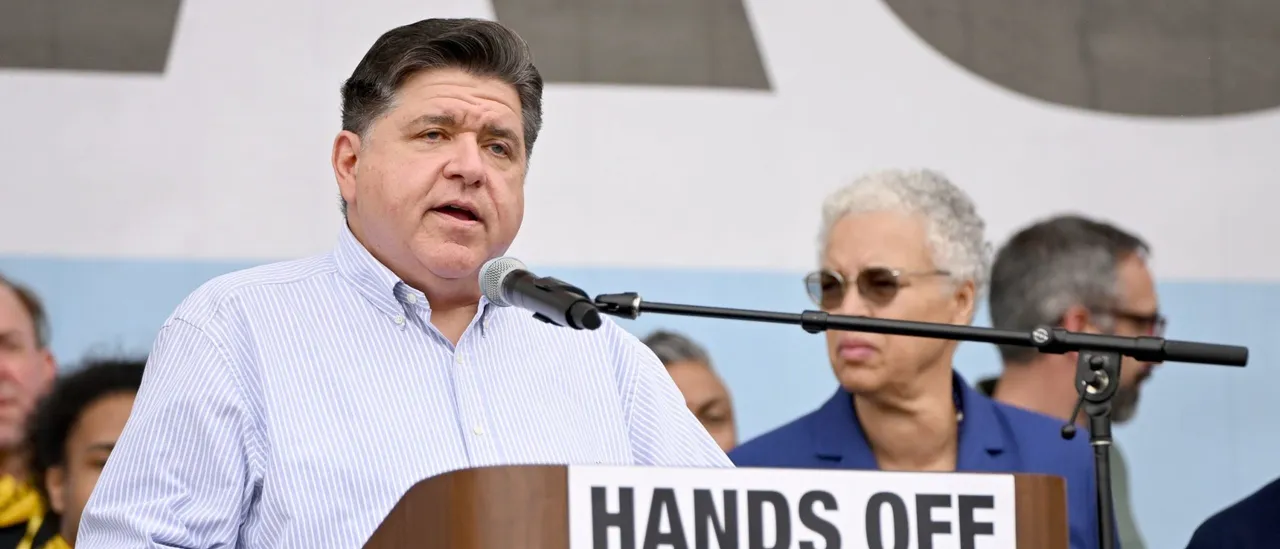UPDATE: A shocking rise in violent charges among so-called “violence prevention” activists has emerged, raising alarms about the effectiveness of community-led crime initiatives in major U.S. cities. Just this month, multiple reports have confirmed that several individuals linked to violence prevention programs are now facing serious criminal charges, including murder and assault, in cities like Philadelphia, Washington D.C., Flint, Chicago, and Rochester.
These troubling developments come as advocates for change in crime-ridden areas are under scrutiny for their past actions. Notably, four activists have been charged with murder or assault, while another is serving a two-year prison sentence for assaulting a police officer. This raises urgent questions about the safety and integrity of community outreach programs aimed at reducing violence.
In Chicago, Kellen McMiller, once celebrated as a “peacekeeper,” was arrested for a deadly burglary on September 11, 2025. After robbing a Louis Vuitton store, he crashed his getaway vehicle, resulting in the death of another driver. McMiller was previously honored alongside Democratic Governor J.B. Pritzker for his community efforts. Pritzker had praised such initiatives as vital to addressing crime, stating, “It’s folks like these that we need more of doing the hard work of community violence prevention.” His upcoming court date has been postponed due to his hospitalization.
Meanwhile, in Washington D.C., Cotey Wynn, a former inmate turned violence interrupter, is now accused of facilitating a murder at a local smoking lounge, where a shooting left three others injured. Surveillance footage allegedly shows Wynn signaling the shooter, leading to his current custody without bail. His defense claims the evidence is circumstantial, igniting a heated debate about the qualifications of those deemed fit to intervene in violent scenarios.
In Philadelphia, Sergio Hyland faces murder charges for allegedly killing his girlfriend and hiding her body. Once a vocal advocate for prison abolition, Hyland’s fall from grace is emblematic of the dangers posed by unvetted community activists. His defense argues there is no solid evidence against him, yet the presence of witness testimonies and surveillance footage paint a grim picture.
Similarly, Anthony Hall, former director of Rochester’s Pathways to Peace program, is serving time for assaulting a police officer. His arrest on January 2025 for a violent domestic dispute led to a two-year prison sentence. Hall’s organization was once heralded as a model for community-led crime prevention, now tarnished by his criminal record.
Lastly, Leon El-Alamin, a Flint city councilman and founder of the MADE Institute, is facing domestic violence charges. After having his criminal record expunged under a “clean slate” program, El-Alamin’s recent allegations have raised serious questions about the vetting processes of organizations that claim to rehabilitate former offenders.
The Metropolitan Peace Initiatives (MPI), which oversees many of these “peacekeepers,” has announced plans to reevaluate its vetting process following these arrests. Executive Director Vaughn Bryant stated, “I think it’s just an opportunity for us to get better at what we do and continue to strengthen our protocols and standards.”
These developing stories highlight a critical intersection of social justice advocacy and public safety, as communities grapple with the implications of entrusting violence prevention to individuals with questionable pasts. As these cases unfold, the public must scrutinize the efficacy of programs designed to curb violence and whether they genuinely contribute to safer neighborhoods or exacerbate the problem.
Stay tuned for further updates as these cases progress and more details emerge about the implications for community safety and crime prevention strategies across the nation.







